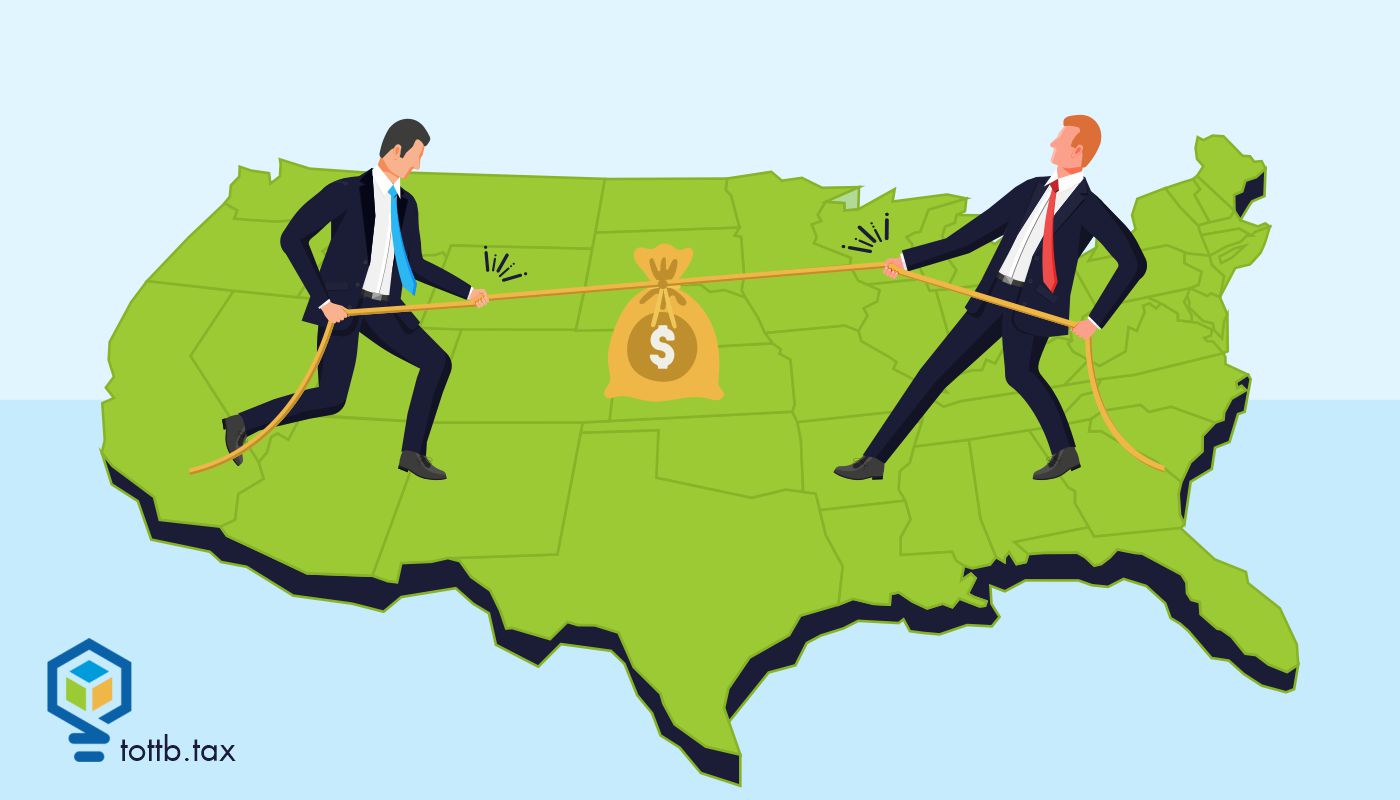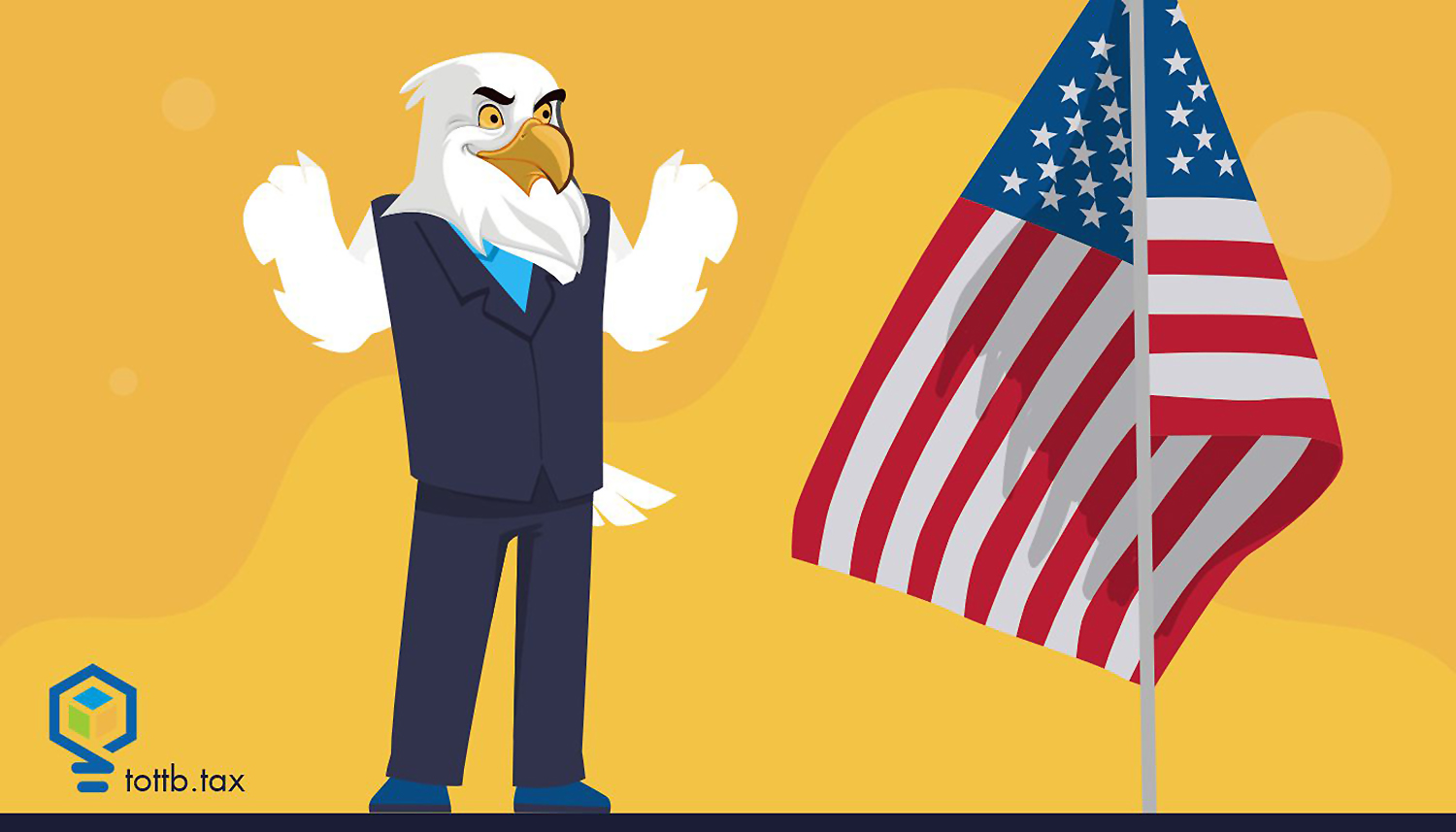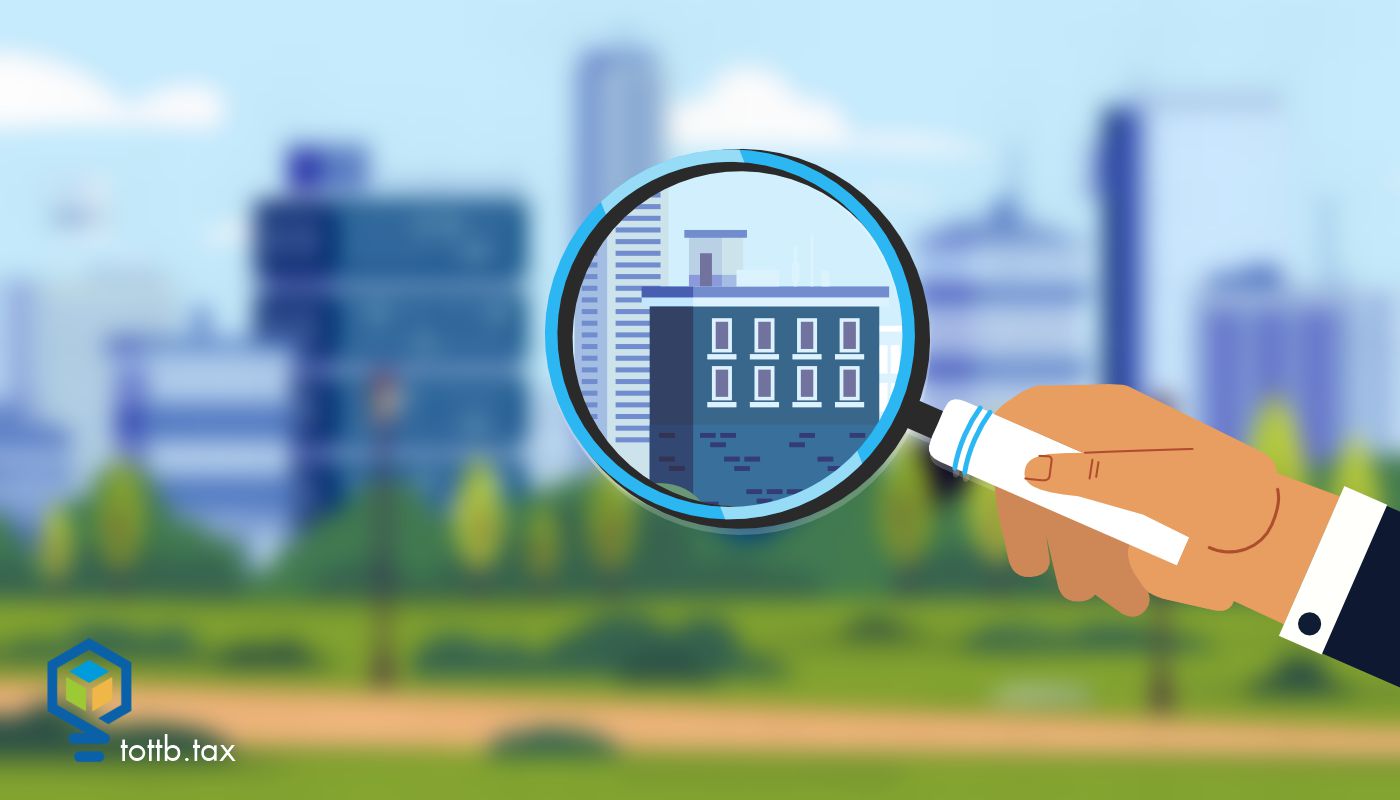CURRENT EDITION

Contracts, Signing Bonuses, and the Substantial Presence Test
In tighter job markets, recruits are often offered signing bonuses (and sometimes moving expenses) to join a firm. Sometimes construction workers temporarily relocate to jobs in other states while they are employed by the company that hired them in their home state. This article reviews some of the foundational tax concepts to consider when evaluating sourcing of income for state tax purposes.
READ MORETAX COURT ROUNDUP – August 2025
This month's Tax Court cases feature warnings to lawyers (and appraisers?) in the ongoing syndicated conservation easement wars; teasers about the impact of Loper Bright Ent. and Section 7701(o)(1); useful practice tips, and the conclusion of Boechler, P.C. (equitable tolling won't save a losing case).
Read MoreThe Think Outside the Tax Box OBBBA Quick Reference Guide
The One Big Beautiful Bill Act (OBBBA) marks the most sweeping overhaul of the tax code since 2017, reshaping rules across personal and business income, education, healthcare, and credits. To help you stay ahead of the curve, Think Outside the Tax Box is proud to share our Quick Reference Guide, designed to keep you and your clients informed, prepared, and proactive.
Read More5 Keys to Maximizing the SALT Changes
The Senate just passed the most significant SALT deduction changes since 2017, and most tax professionals are missing the real opportunity. While everyone's celebrating the increase from $10,000 to $40,000, there's a hidden tax trap that creates effective marginal rates exceeding 45% -- and that's your biggest planning goldmine.
Read More460(e) – Leveling the Playing Field for Construction
Buried in the middle of the One Big Beautiful Bill Act (OBBBA) is a small section with huge tax savings for multifamily developers – expansion of the 460(e) revenue recognition method exceptions. Previously only available to smaller construction contractors, the new law opens up a potential windfall for larger scale developers.
Read MoreEverything Old Is New Again: In Many Ways OB3A Is a Return To Obamacare 1.0
The good news is that none of the changes to the Affordable Care Act, Medicaid, or other health-insurance-related tax items in the One Big Beautiful Bill Act (OB3A) were retroactive to the beginning of 2025. The bad news is that the first set of changes is coming in 2026. The worse news is that some changes that were not included in the final version of OB3A are included in a new Federal Rule – but the provisions of the Federal Rule are only temporary. Basically, what we have is some federal rulemaking that was designed to give Congress time to codify the rule’s provisions into law, but only some of the provisions were codified – which simply means the provisions are merely temporary, not invalid. This article is going to discuss some of the important provisions concerning healthcare coverage that are included in OB3A, one that didn’t make it into the law, but that is in the new Federal Rule, and two that kind of blew up on social media but aren’t in OB3A or in the new rule.
Read MoreThe End of the Green Road? The One Big Beautiful Bill and Energy Credits
Just when many believed green tax incentives were firmly established, the One Big Beautiful Bill (OB3), formally designated as Public Law 119-21 and enacted on July 4, 2025, delivers a sudden and sweeping rollback of key energy tax credits. Affecting everything from electric vehicles to rooftop solar, OB3 significantly alters the tax landscape with abrupt cutoffs and a glaring absence of transition relief.
Read MoreOBBBA Rundown: Provisions Affecting Individuals for 2025
Enacted into law on July 4, 2025, the One Big Beautiful Bill Act is the biggest set of tax law changes since the 2017 Tax Cuts and Jobs Act (TCJA). The provisions discussed in this article impact individual taxpayers for tax year 2025 and must be considered immediately for proactive tax planning purposes, future tax withholding, and estimated tax payment calculations. Clients have questions, and we can generally give them the answers they seek; however, some will require future IRS guidance for complete clarity.
Read MoreOBBBA Rundown: Provisions Affecting Businesses for 2025
Enacted into law on July 4, 2025, the One Big Beautiful Bill Act is the biggest set of tax law changes since the 2017 Tax Cuts and Jobs Act (TCJA). The provisions discussed in this article impact business taxpayers for tax year 2025 and must be considered immediately for proactive tax planning purposes, future tax withholding, and estimated tax payment calculations. Clients have questions, and we can generally give them the answers they seek; however, some will require future IRS guidance for complete clarity.
Read MoreNOT A MEMBER YET?

SUBSCRIBE TO GET ALL OF OUR
GREAT ARTICLES AND RESOURCES!
CURRENT EDITION

Contracts, Signing Bonuses, and the Substantial Presence Test
In tighter job markets, recruits are often offered signing bonuses (and sometimes moving expenses) to join a firm. Sometimes construction workers temporarily relocate to jobs in other states while they are employed by the company that hired them in their home state. This article reviews some of the foundational tax concepts to consider when evaluating sourcing of income for state tax purposes.

Help Clients Rebuild Tax Records After Disaster
Tax pros help clients with a lot of catastrophes: wrangles with tax authorities, paltry nest eggs, more wrangles with tax authorities. More frequently, your clients might face a more tangible and cinematic disaster. These days, there’s always a storm comin’. Swept away in that destruction, for many people, are physical tax and financial records. A few precautions could have prevented such loss and made life at least a bit easier for victims. Here’s how to help clients head off trouble – and recover after it hits.

George M. Cohan’s Tax Triumph: The Rise and Erosion of the Cohan Rule
The Cohan rule is named for George M. Cohan. George Michael Cohan (1878 – 1942) was a theatrical producer. In the decade before World War I, he was called the “man who owned Broadway” and is considered the father of American musical comedy. In 1940 he was awarded the Congressional Gold Medal for his contribution to morale during World War I with his songs “You’re a Grand Old Flag” and “Over There,” the first time the medal was awarded to someone in an artistic field. But his most enduring legacy may be the tax rule that shared its name.









